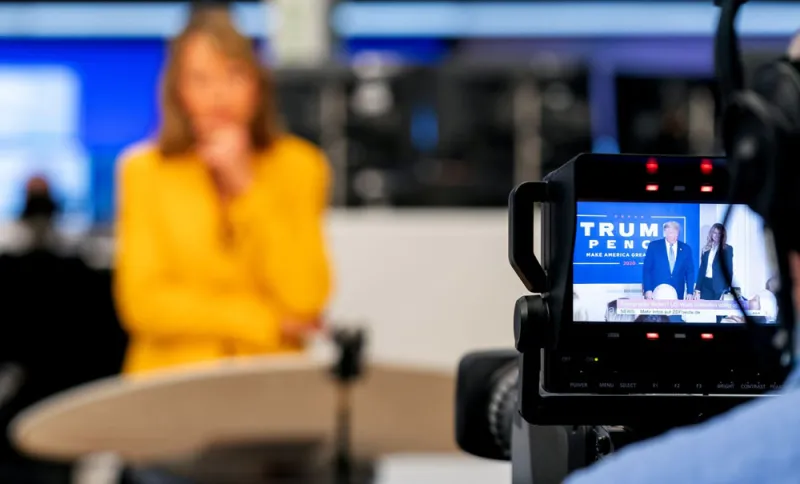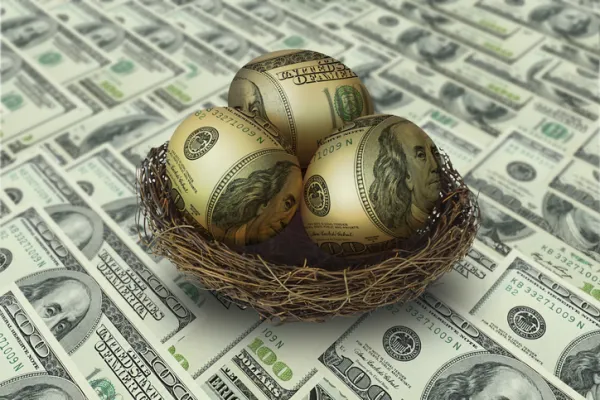As votes for Joe Biden and Donald Trump are still being counted in Pennsylvania, Georgia, and a handful of other states, I’ve been thinking back to my reporting for Institutional Investor in the months leading up to the 2008 election.
My sources told me again and again that they overwhelmingly favored Barack Obama over John McCain, the Republican nominee. It was for one reason, they said: The American economic and financial system needed a fresh leader with credibility to save it. What’s more, the Republicans’ unstoppable drive to strip away regulations had led directly to the global financial crisis, they believed.
The system — lower-case “S” — wasn’t just about banks or asset managers or stock markets, they argued. Rather, the system was the rule of law, agencies, regulations, functional leaders, international trust, the dollar, informal conventions, and everything else that laid a foundation for the U.S. economy.
This is not to say these people were necessarily staking out the moral high ground in 2008. Several of them may have even played a role in the subprime debacle and contributed to the mess we were in at the time. But they knew the overall health of the system was what made everybody rich. Greed needed to be balanced with taxes, regulations, and government spending.
At a lunch, Daniel Kahneman — the Nobel prize winner and Thinking, Fast and Slow author who was advising Guggenheim Partners — was emphatic when he told me that rich people were voting for Obama because they believed a healthy system made them rich. They would make a lot more money by keeping that intact than voting for a candidate promising lower taxes, the thinking went.
At the time, I was covering J.P. Morgan Asset Management. J.P. Morgan, particularly the private bank, was raking in cash from wealthy individuals and corporates as rival banks went under and competitors like Morgan Stanley and even Goldman Sachs struggled. But on a particularly volatile day for the markets, when I happened to be there — I’m sure JPMAM regretted letting a reporter walk its halls in 2008 — Jamie Dimon sent out a note warning people that they couldn’t flog a competitors’ weakness to go after a client. He recognized that J.P. Morgan couldn’t survive if everybody around it went down.
The candor from my sources back then stands in sharp contrast to this year. In the lead-up to the 2020 election, industry execs have been either weirdly quiet or inarticulate about their views on politics — even in conversations I assured them would be held confidential. That’s even as most of the ones I’ve spoken with agreed that Trump has injected enormous uncertainty and instability into the financial system.
[II Deep Dive: If Culture Matters, Should Your Asset Managers’ Political Donations Matter?]
I wanted to know what had changed since ’08. This time I called people not to ask about their own views, but rather their rivals’ beliefs. It’s always easier to talk about someone else, after all. Here’s what I learned.
Many of the executives that led the industry in 2008 are still in charge in 2020 — but now, of course, they’re a lot older. “It’s harder to get a 65-year-old worked up in the same way as someone in their ‘50s. They’re in a different place,” said one person.
Why take a stand when people only remember performance in this industry? asked another.
At the same time, everyone has learned that the chairman of the Federal Reserve is arguably more important to the industry than the President, who generally has to work through Congress to get things done.
Others I called told me that things like capital gains tax rates really matter. But, “No one is going to say that publicly, given the economic damage caused by the coronavirus or the focus on income inequality,” one person said. In fact, the elevated volatility in single-name stocks over the past few months is evidence that people have been selling holdings in anticipation that Democrats will jack up capital gains taxes, this person said.
Other answers included wanting pension money. “Everyone is quiet because they don’t want to trip up and piss off pensions,” said another person. Everyone remembers when teachers unions led boycotts of hedge fund managers when they poured millions into charter schools, for example.
Ironically, the biggest reason for the silence, my sources said, is that the system was already saved.
“If markets were down 30 percent, and had stayed down, you’d hear more from finance that we have to replace Trump,” said one executive. But the government stepped in with fiscal stimulus, and the Federal Reserve took out its playbook from 2008.
In other words, both Democrats and Republicans have shown time and again that they’re not going to let finance fail. Many complain that the Fed has introduced moral hazard. But the government’s programs have also taken away the industry’s motivation to take a stand on the country’s leaders.







